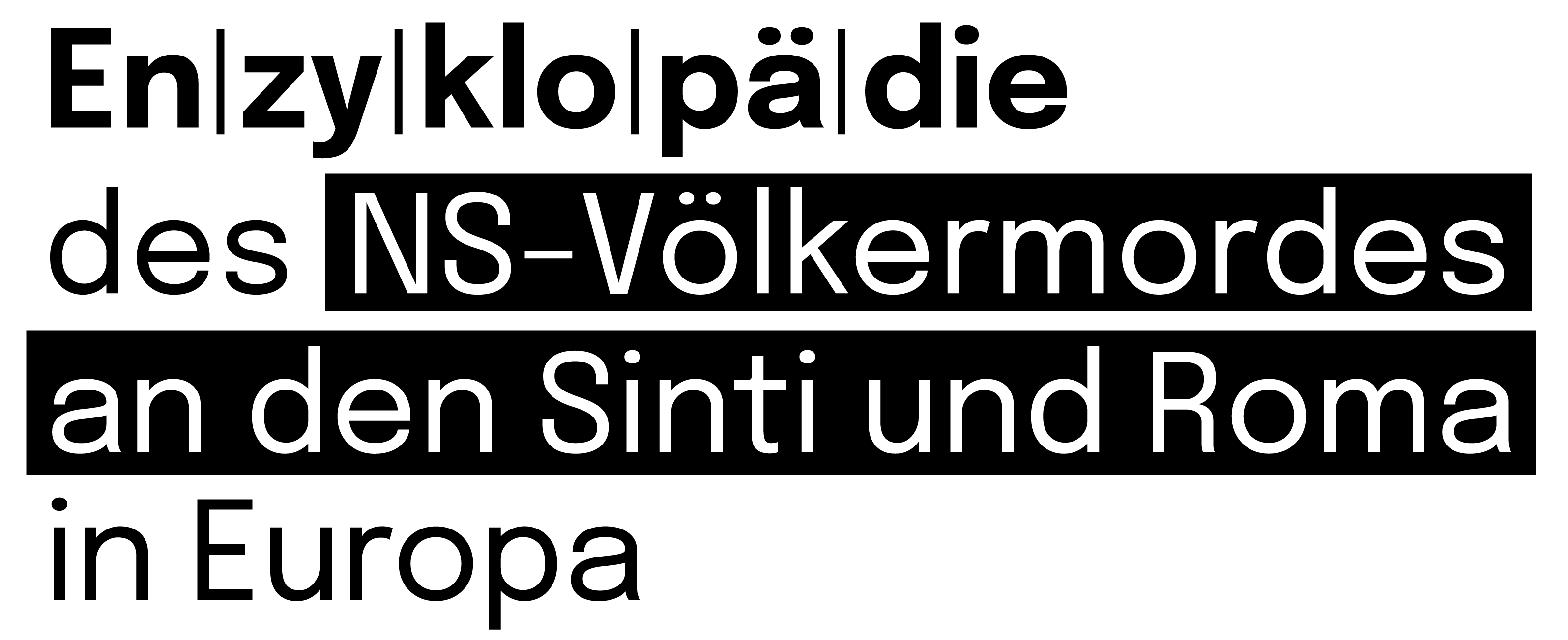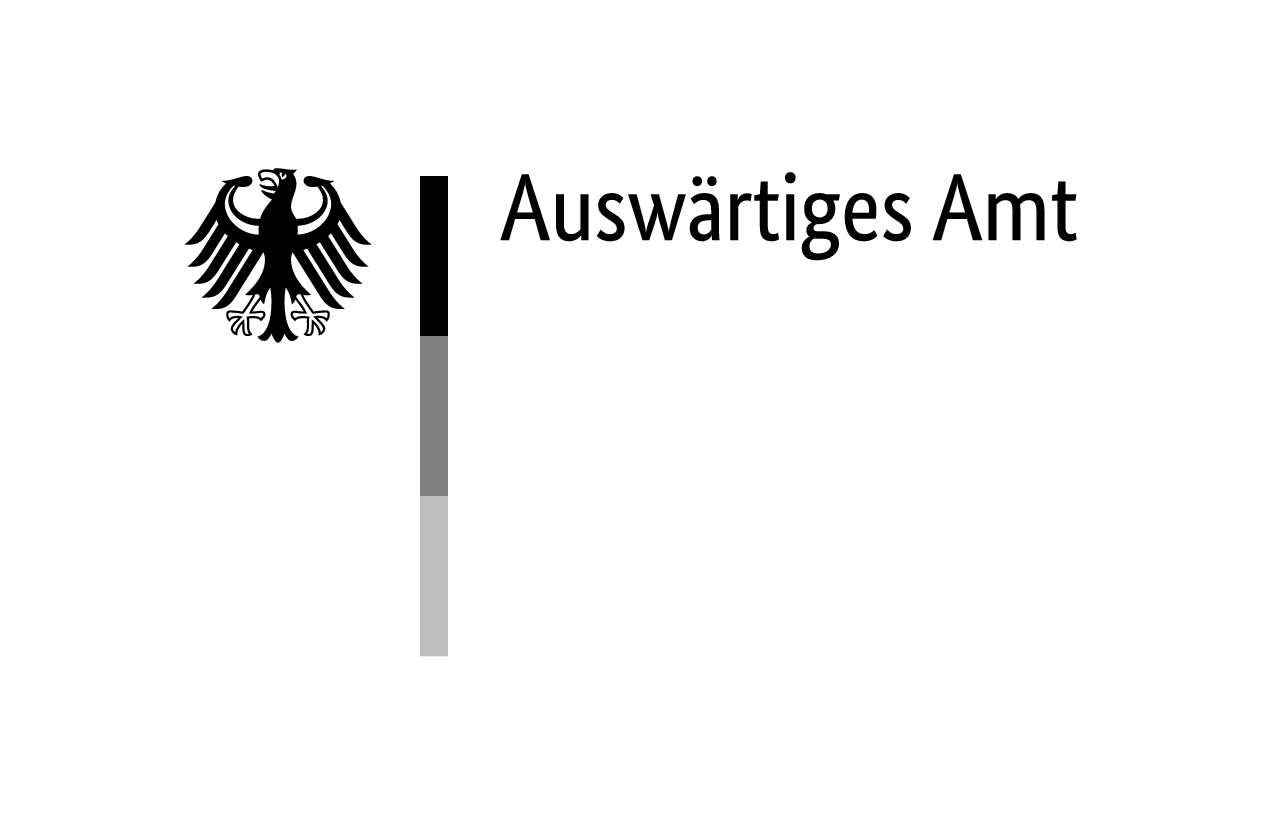Edi Georg was born in 1928, the eldest son of Ludwig (1904–unknown) and Josephine Georg (1902–1944). He had three siblings: Johanna (1929–unknown), Frieda (1930–1944), and Clara (1931–1944). In April 1940, the family had fled from Germany to the Netherlands, where they settled in the province of Drenthe, in a small travellers camp on the Solweg highway between Vledder and Doldersum. The campsite on the Solweg, which had been there since 1930, was extremely spartan: there was hardly any pavement, no electricity or lighting, and no toilet facilities. Ludwig Georg made a living selling and repairing violins. Frieda and Clara Georg went to school in Vledder.
Deportation of the Family
On Tuesday, 16 May 1944 at 7 a.m., Ludwig and Josephine Georg were arrested during the nationwide round-up of Sinti and Roma and taken to Camp Westerbork, together with their daughters Johanna, Clara and Frieda Georg. They were not allowed to take more than the luggage they could carry themselves. Three days after their arrival in Westerbork the family was deported to Auschwitz-Birkenau concentration and extermination camp. The only one to escape the raid was Edi, the 16-year-old son. On the morning of 16 May, he was across the road from the campsite where several horses were stabled.
Survival in Hiding
When Edi Georg returned to the campsite on the evening of 16 May, he found both the family caravans empty. He was taken in by Hendrik Bethlehem (1919–1945), son of a farmer with whom the family had always been able to take shelter in case of danger. Hendrik Bethlehem, who would die shortly after the liberation, was active in the Frisian resistance and managed to convince Edi Georg that he should not report to Camp Westerbork, as the boy had intended in his desperation. Edi Georg was able to stay in hiding with Hendrik Bethlehem and his wife, who also provided him with clothes and false papers.
Edi Georg managed to survive the war, as did his father Ludwig and sister Johanna Georg. The names of the three members of the Georg family murdered in Auschwitz-Birkenau in August 1944—mother Josephine and the sisters Frieda and Clara Georg—are listed on a memorial on the Brink, a central square in Vledder. The memorial, a 17-ton boulder with a plaque on it, was erected in memory of 18 fellow citizens who died during World War II as a result of acts of war and was unveiled in 1948. It was the first Dutch monument on which Sinti or Roma were mentioned.




